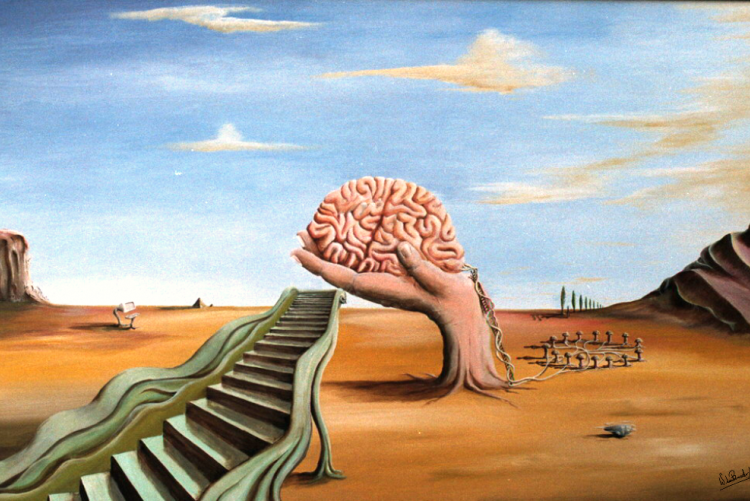
The music and psychoanalysis interest group acknowledges the relevance of psychoanalytic theory and practice to both the historical and analytical study of music. We seek to nurture a community of scholars who wish to both expand and enrich the areas in which psychoanalysis already plays a role in the study of music, and to deepen the explicitly psychoanalytic aspects of disciplines such as critical theory, philosophy, film and cultural studies.
Mission statement
The goals of the Music and Psychoanalysis Interest Group are:
- to further strengthen the interdisciplinary community committed to the relationship (both historical and analytical) between psychoanalysis and music.
- to expand upon the disciplines in which psychoanalysis already plays a role in the study of music (e.g. aesthetics, critical theory, philosophy of mind, literary theory);
- to reflect productively upon the core practices of musical analysis.
Activities
The Music and Psychoanalysis Interest Group aims to plan special sessions, symposia, discussion group sessions held at the SMT, both as part of the formal SMT program as well as part of the meeting of the Music and Psychoanalysis Interest Group itself that takes place as part of the Annual Meeting. The group also maintains an e-discussion to discuss topics of interest and coordinate presentations and research activities.
Online presence
This interest group does not currently have an online presence.
How to join
There are no requirements for membership; simply attend our meetings at annual SMT meetings to participate.
| Role | Name | |
|---|---|---|
| Co-Chair | Dylan Principi | dylan.principi@princeton.edu |
| Co-Chair | Amy Bauer | abauer@uci.edu |
- 2016
-
The Music and Psychoanalysis Interest Group discussed Michael Klein’s book Music and the Crisis of the Modern Subject.
We (12 attendees + Michael Klein) discussed at some length challenges reading Lacan and then the augmented challenges applying his teachings to musical texts and musical practices.
We discussed the limitations of the idea (whether “right” or not) that Lacan limits subjectivity to language. Many of us explored the idea that subjectivity has an auditory dimension (“pre” linguistic), as it were. We mentioned Didier Anzieu, Julia Kristeva, Judith Butler, and Wilfred Bion. One participant brought up the claim that (in reference to the power of the mother’s voice in early subjectivity formation), music, (especially lullabies) helped premature infants attach to their mothers’ breasts. Many of us felt this was an amazing claim—that music, “more” than the mother’s voice could reach a very young child in learning an essential skill for survival.
The group focused for most of the remaining time on issues relating to hermeneutics—on the relationship between Lacanian psychoanalysis and hermeneutics, on the status of hermeneutics in the disciplines of music theory and music history (whether hermeneutics might be a repressed dimension within analytical and historical strategies), on the relationship between semiotics and hermeneutics, on the nature of hermeneutics in general (as a closed or open technique for claims of meaning in texts, discourses, practices), and on personal choices to avoid hermeneutics on the one hand, or not to do without hermeneutics, on the other.
The group spoke at some length about the relationship between hermeneutics and institution building (Freud, Lacan, contemporary musical-theoretical and musical-historical disciplines).
The group decided that at next year’s Music and Psychoanalysis Interest Group, we’d issue a call for papers for a special session on Music + Psychoanalysis. We did this for the 2016 conference but the panel was rejected. Should our special session for the 2017 conference in Arlington, Virginia be rejected, we would have papers read at the IG group allotted time + place. The theme: Music, Ethics, Psychoanalysis
